
Welcome to Baden-Baden Today
This year’s Baden-Baden Reinsurance conference may not be going ahead, as a result of COVID-19 restrictions, but reinsurance professionals are still keen to discuss the hardening market, low interest rates and many of the other market changes wrought by the pandemic.
In lieu of the physical event, Intelligent Insurer has been attending virtual industry events, holding our own virtual discussions—available on the Re/insurance Lounge—and interviewing senior industry executives.
With so much going on around what would have been Baden-Baden week, we are publishing our regular newsletter Baden-Baden Today, which is usually distributed live at the event.
In its pages, readers will find insight and news from industry leaders who would otherwise have attended the event. As in previous years, we endeavour to bring our readers high level market insights in these unprecedented times.
Claire Churchard, deputy editor, Intelligent Insurer

A sneak preview: more exclusive content and interviews inside
Pandemic-driven rise in risk awareness to hit renewal rates, contract language and underwriting
The rise in risk awareness brought about by the pandemic has had a wide-reaching impact on the renewals season, according to Doris Höpke, member of the board of management at Munich Re.
Höpke told Baden-Baden Today that the pandemic was clearly having an impact on risk awareness.
“People are not only under pressure on the numbers because they have to shoulder a loss burden from pandemics.
“They are also under pressure on risk awareness as it reminds us of the fact that the risks we know of perhaps in an academic or abstract way—the kinds of risks that materialise with a very low frequency but can be of very high severity—can happen at any time in practice,” she said.
“This is true for pandemics, and for certain natural catastrophes and mega cyber events. We all know this in theory, and now we must be aware of this in practice.
“This does have an impact on underwriting discipline and pricing, and on rate development in the upcoming renewals.
“Munich Re is tightening up its pandemic exposure, and we are very strict there because there is still a lot of uncertainty,” she added.
Höpke said the reinsurer does not write event cancellation business including pandemic because “that’s impossible to do at this time”.
“There will have to be other solutions for pandemics,” she explained.
“We’ve been a very technical reinsurer for 150 years and we always start negotiations and finding solutions with our clients based on the best possible understanding of the risk.
“There’s no point in only looking at the market—of course we are also acting in the real market and we are subject to pressure, demands and expectations in the market.”


A sneak preview: more exclusive content and interviews inside

A sneak preview: more exclusive content and interviews inside
‘Tremendous focus’ on investor returns means rates likely to keep rising into 2021
Aon Securities’ Paul Schultz expects to see reversal in some of the declines witnessed for overall assets under management for ILS, he tells Baden-Baden Today.
The impact of COVID-19 disruption and potential losses from the pandemic on the broad insurance-linked securities (ILS) market in 2020 will be limited, while a “tremendous focus” on investor returns is likely to bolster rate rises into next year.
That is the view of Paul Schultz, chief executive officer of Aon Securities, commenting on the impact across the ILS class as a whole.
However, he added: “It will be impactful around certain products including retro and sidecars and anything where you experience kind of ground-up losses.
“In those areas, I think you’re bound to experience losses from some of the current cat events and possibly COVID-19.”
Schultz explained that in the case of some of the products that are more risk-remote in nature, a lot of them aren’t going to be affected by what’s happened.


